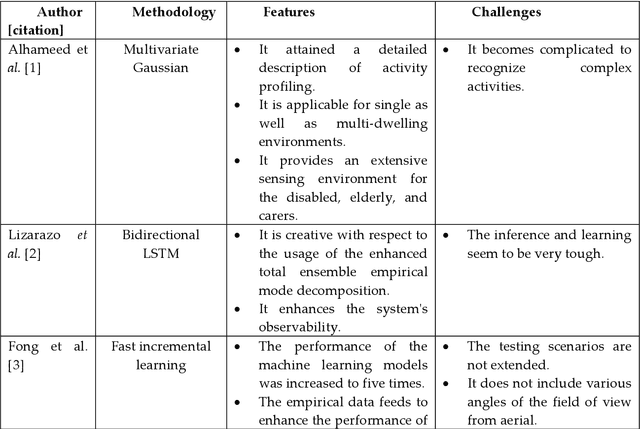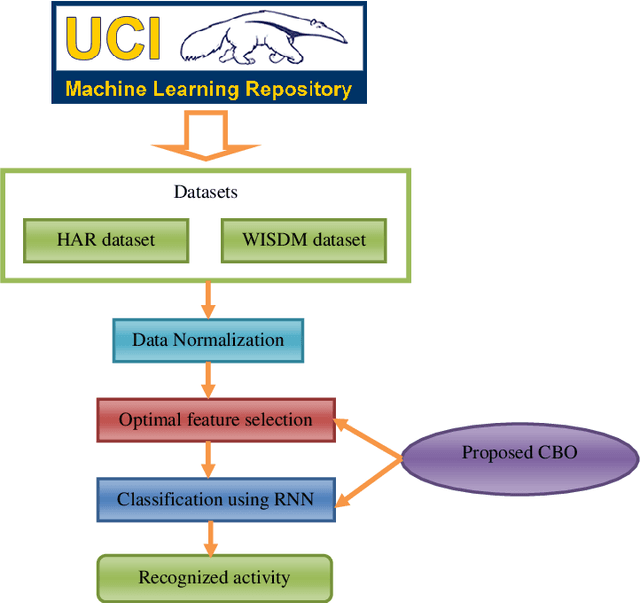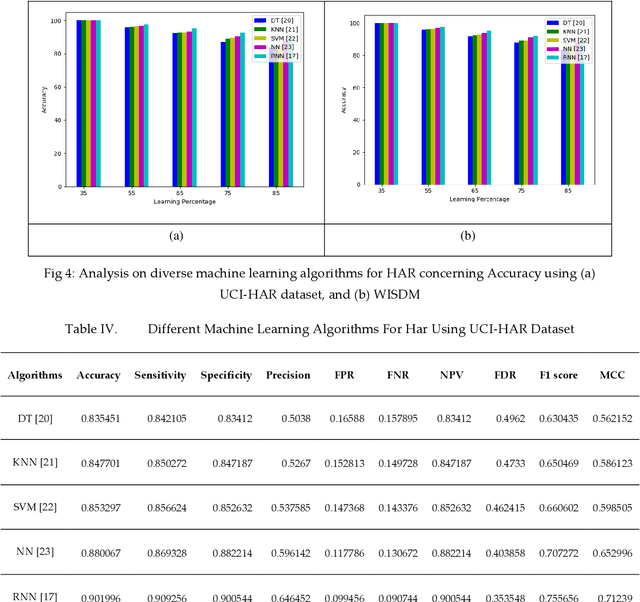Pankaj Khatiwada
EFaR 2023: Efficient Face Recognition Competition
Aug 08, 2023



Abstract:This paper presents the summary of the Efficient Face Recognition Competition (EFaR) held at the 2023 International Joint Conference on Biometrics (IJCB 2023). The competition received 17 submissions from 6 different teams. To drive further development of efficient face recognition models, the submitted solutions are ranked based on a weighted score of the achieved verification accuracies on a diverse set of benchmarks, as well as the deployability given by the number of floating-point operations and model size. The evaluation of submissions is extended to bias, cross-quality, and large-scale recognition benchmarks. Overall, the paper gives an overview of the achieved performance values of the submitted solutions as well as a diverse set of baselines. The submitted solutions use small, efficient network architectures to reduce the computational cost, some solutions apply model quantization. An outlook on possible techniques that are underrepresented in current solutions is given as well.
Automated Human Activity Recognition by Colliding Bodies Optimization-based Optimal Feature Selection with Recurrent Neural Network
Oct 07, 2020



Abstract:In smart healthcare, Human Activity Recognition (HAR) is considered to be an efficient model in pervasive computation from sensor readings. The Ambient Assisted Living (AAL) in the home or community helps the people in providing independent care and enhanced living quality. However, many AAL models were restricted using many factors that include computational cost and system complexity. Moreover, the HAR concept has more relevance because of its applications. Hence, this paper tempts to implement the HAR system using deep learning with the data collected from smart sensors that are publicly available in the UC Irvine Machine Learning Repository (UCI). The proposed model involves three processes: (1) Data collection, (b) Optimal feature selection, (c) Recognition. The data gathered from the benchmark repository is initially subjected to optimal feature selection that helps to select the most significant features. The proposed optimal feature selection is based on a new meta-heuristic algorithm called Colliding Bodies Optimization (CBO). An objective function derived by the recognition accuracy is used for accomplishing the optimal feature selection. Here, the deep learning model called Recurrent Neural Network (RNN) is used for activity recognition. The proposed model on the concerned benchmark dataset outperforms existing learning methods, providing high performance compared to the conventional models.
 Add to Chrome
Add to Chrome Add to Firefox
Add to Firefox Add to Edge
Add to Edge